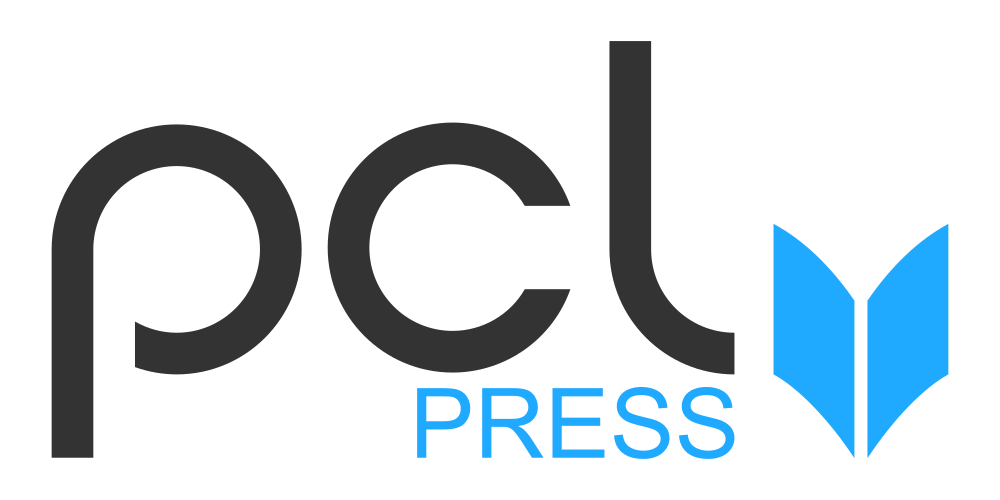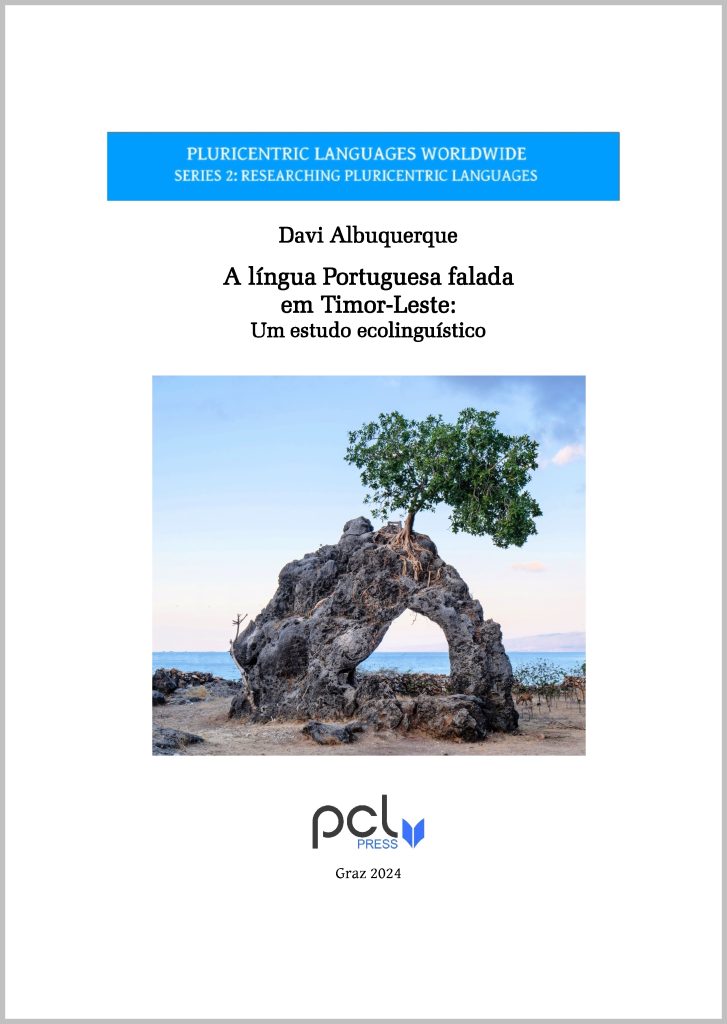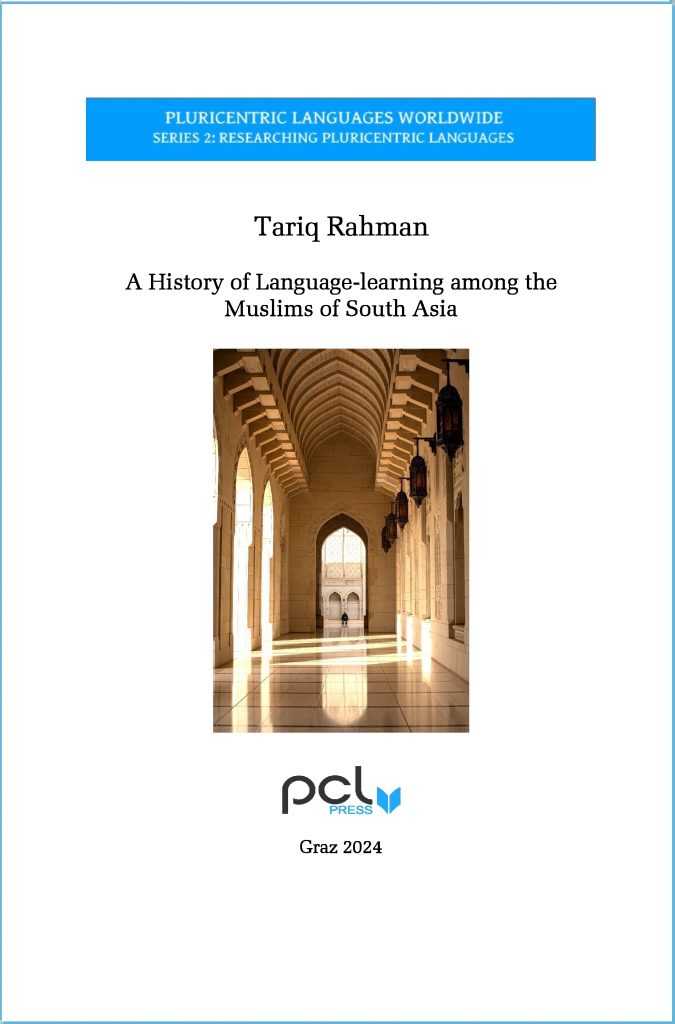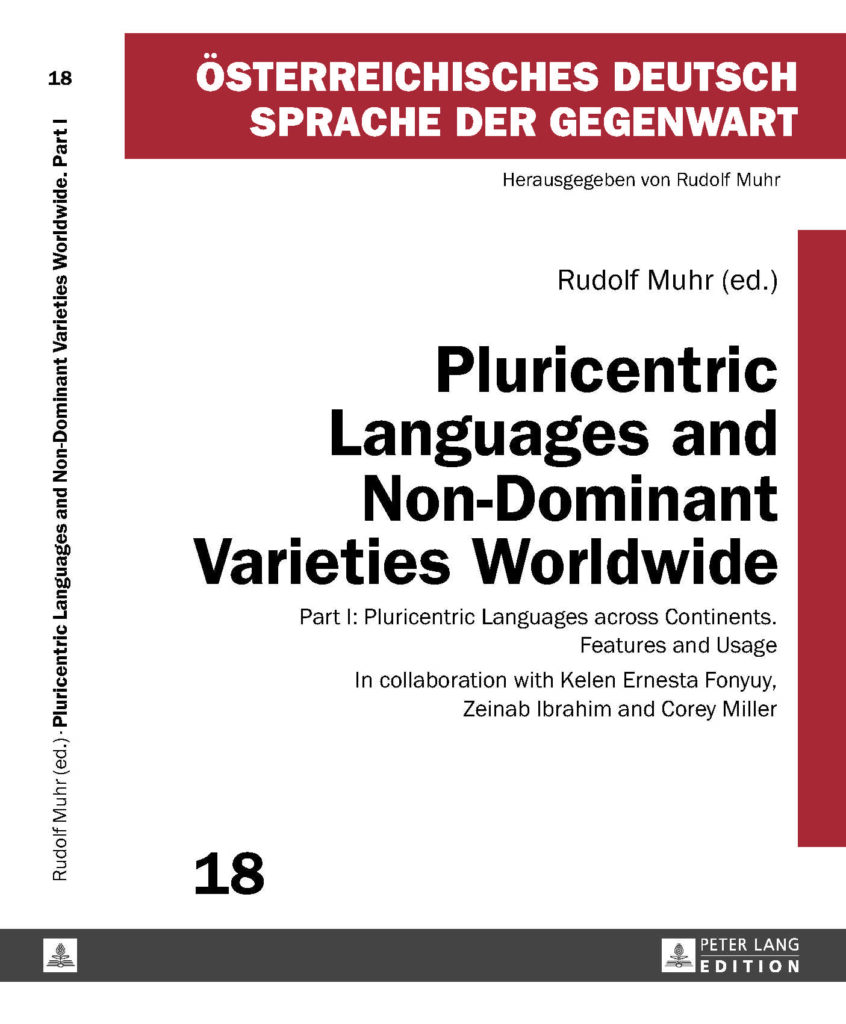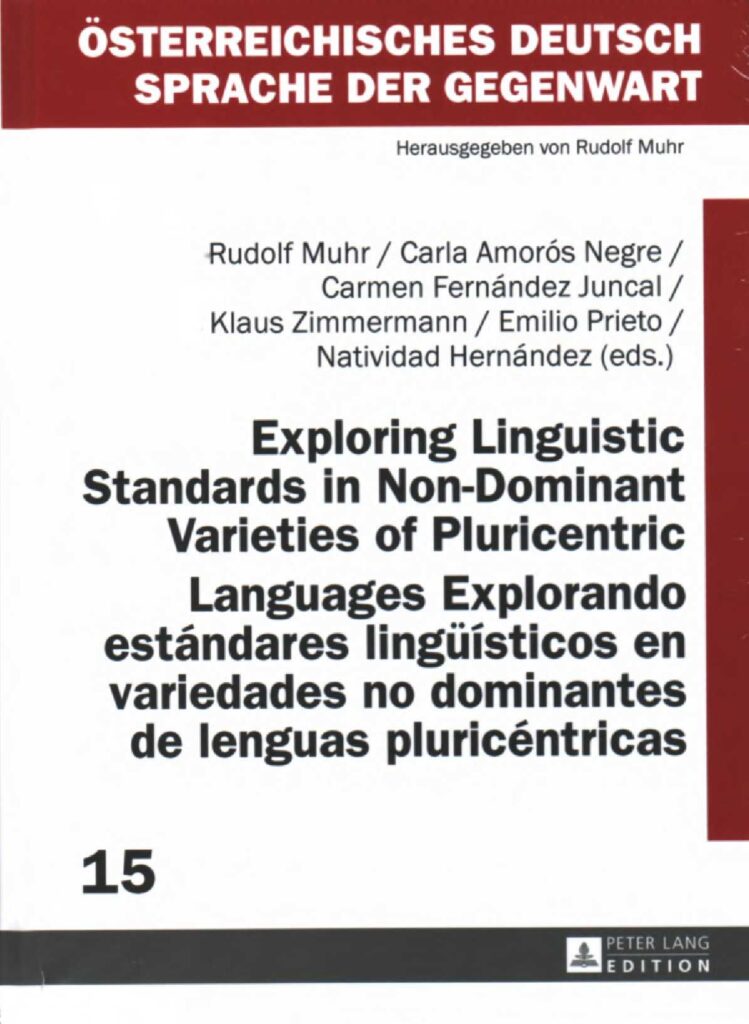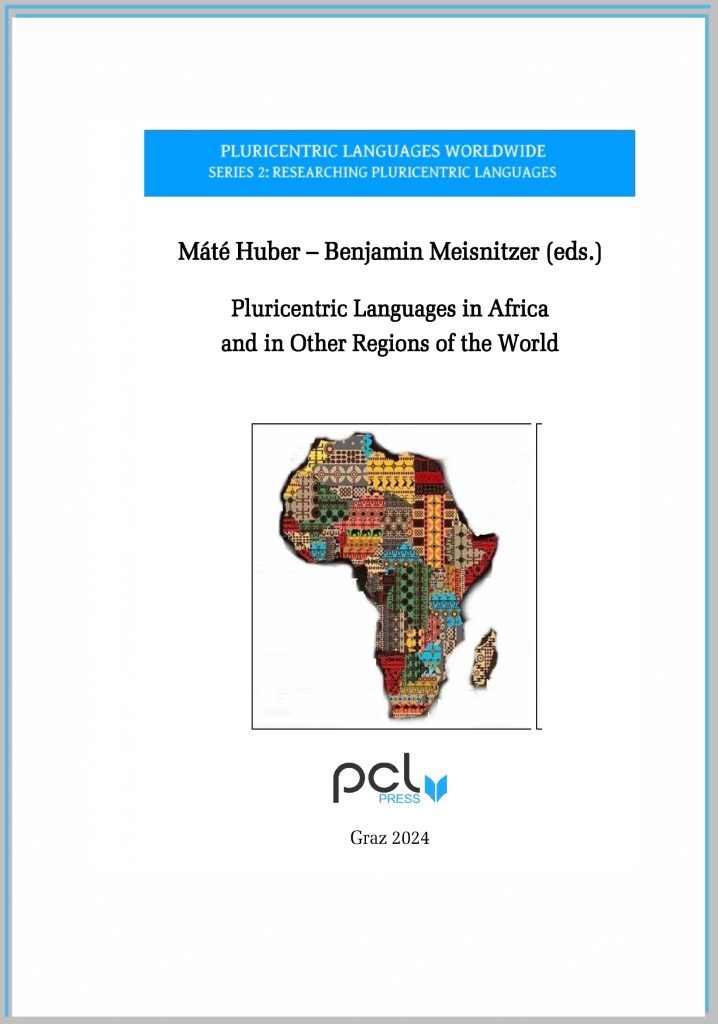
Pluricentric Languages in Africa and in Other Regions of the World
This volume contains the proceedings of the 10th International Conference on Pluricentric Languages and their Non-Dominant Varieties. It comprises papers that discuss several pluricentric languages and their non-dominant varieties from different regions of the world, much in keeping with the diverse range of topics that were presented at the online conference that was hosted by the University of Leipzig on August 23-24, 2023. As the subtitle of the conference was Pluricentric Languages, Multilingualism, and Linguistic Dehegemonisation in Africa, the primary focus of the volume is also on pluricentric languages in a highly diverse, multilingual African context. The contributions in the second part of the volume (i.e. the final five papers) are concerned with topics that are related to pluricentric languages and their non-dominant varieties in other areas of the world, such as the Americas, Europe, and the Middle East.
